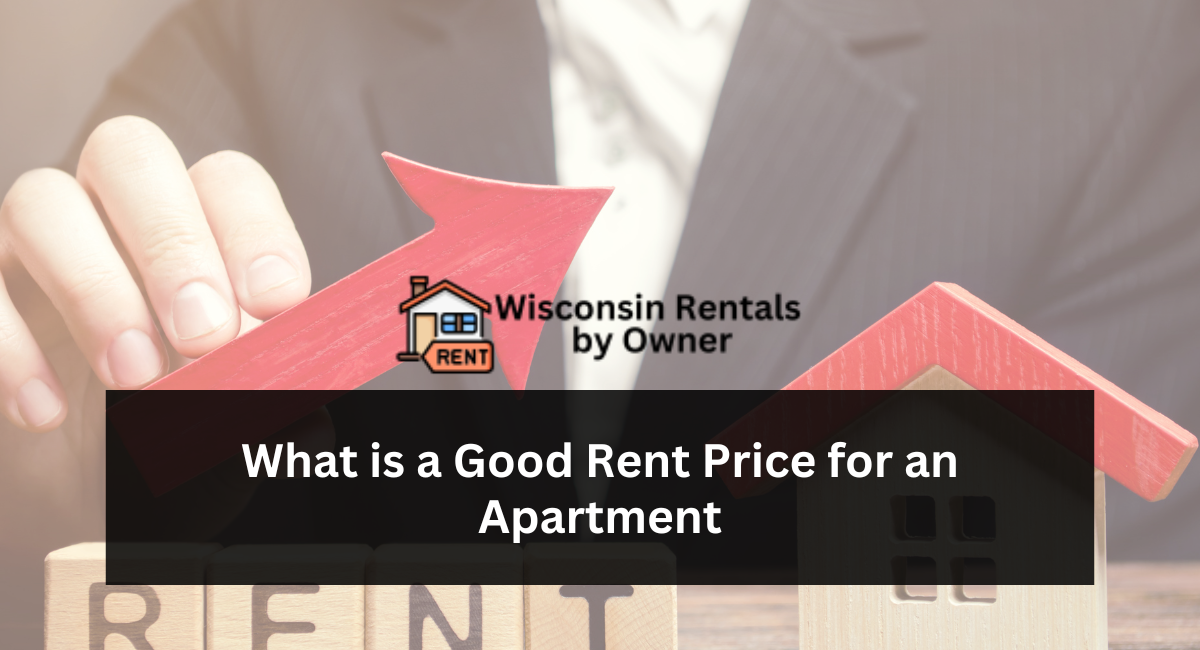Knowledge is power when it comes to apartment hunting. A rent affordability calculator is one way of doing just that.
Conventional wisdom holds that you should spend at most 35% of your income on housing costs; however, this may only sometimes be possible in cities and suburbs where apartments can be more costly.
Rent to Income Ratio
The rent-to-income ratio is integral to renting an apartment, as it helps you find accommodation within your budget. Experts generally suggest spending no more than 30% of your income on housing costs – any higher rental ratio could put additional strain or even debt onto your finances.
Landlords should use rent-to-income ratio calculations as part of the tenant screening process to filter out applicants needing more money to afford monthly rental payments and save time and effort during interviews and screening processes.
The rent-to-income ratio is calculated by dividing an applicant’s gross annual or monthly income by the cost of rental property to provide a quick and simple method of evaluating an applicant’s ability to cover monthly rent payments.
However, other financial obligations, such as child support payments or student loans, must also be considered, making comprehensive tenant screening services like RentSpree essential.
Bedrooms
Rent prices depend on the number of bedrooms available. A studio apartment may only have one small bedroom; for those needing two, relocation may be necessary or paying premium prices for larger apartments.
Splitting rent with roommates may reduce costs while eliminating expenses such as cable TV subscriptions, streaming services subscriptions, monthly manicures, etc. Also, some landlords permit up to four adults to share one one-bedroom unit simultaneously!
Furnishings
Furnishing a new apartment can be both exciting and costly. Making a list of essential items and creating a budget will help manage expenses more effectively; depending on the size of your new place, these could range from mattresses and bed frames to entertainment centres and TV stands.
For those on a limited budget looking for furniture, secondhand is often a smarter solution. From thrift shops and online markets like Facebook Marketplace offering affordable options for first-time apartment dwellers, purchasing used pieces like sofas and dining tables could save big dollars by opting for these secondhand alternatives.
Not only do you need to furnish your new apartment, but you must also pay utilities. Depending on the apartment complex you live in, utility costs could range anywhere from $115 for electricity per month up to $60 for internet and $20 per month for trash and recycling.
Make sure that you set aside 250-300 for these expenses when budgeting for rent. To minimize these costs further, look for rentals that offer utilities as part of their rental rates; otherwise, prepaid electric plans often offer better deals.
Amenities
Apartment amenities provide a luxurious, convenient lifestyle and add considerable value to your rental. However, they may increase monthly rent payments, so your needs must be carefully considered before selecting an apartment with these features. Some amenities exist exclusively within one unit, while others benefit all residents in the community.
Common apartment amenities may include swimming pools and grilling areas. Electric car charging stations and smart home technology have also become increasingly popular.
Some apartments even feature community grocery stores where residents can easily purchase all their daily needs without leaving the building.
Families with children will likely appreciate having playgrounds and on-site childcare close at hand while working odd hours, which means community grocery stores could come in handy for purchasing groceries when necessary.
Some apartment complexes charge additional fees to cover these amenities – be sure to inquire beforehand with each leasing agent regarding what amenities may or may not be included or excluded in their lease agreement.
Conclusion
In conclusion, determining a good rent price for an apartment is a multifaceted process that requires thoughtful consideration of various factors. Striking the right balance between the property’s features, location, and market conditions is crucial for landlords and tenants.
A good rent price reflects the property’s value, provides fair compensation to the landlord, and remains affordable for tenants. It involves staying informed about market trends, economic conditions, and local dynamics.
Fostering a transparent and collaborative relationship between landlords and tenants contributes to a rental market that is not only financially viable but also promotes fairness and sustainability.
As the real estate landscape evolves, ongoing communication and adaptability will be key in ensuring that rent prices align with all parties’ needs and expectations.

Leave a Reply